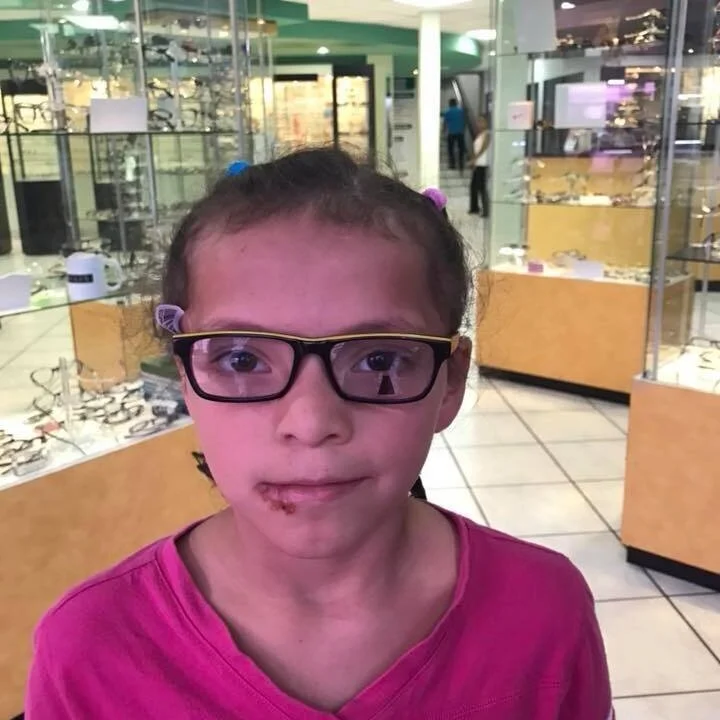IRC Medical Missions
International-We provide needed medical resources to meet the needs of people in Honduras, Nicaragua, El Salvador, Guatemala, Costa Rica, Ecuador, Brazil, Haiti, and Guyana. Coordinating with the governments and local organizations of these countries is paramount in providing care to the poor. Our efforts focus on urban villages and communities that lack health infrastructure and where people have no other health care resources.
Throughout the summer months, medical clinics staffed with a variety of health care providers travel to Honduras with our TORCH Teams and provide badly needed medicines, vitamins, and medical support. As many as 700 people can be treated during a single day. Many times, the areas are remote and have little or no access to care otherwise.
A full-time medical clinic (Clinica de Esperanza) opened in August of 2007 and is currently providing health care and medications for 12,000-plus people annually. CDE also mobilize clinics to villages and sometimes to remote villages by helicopter. All medications are freely given, and many families have been saved by this effort.
Many of the health issues faced in Third World countries are related to the contaminated water supply. One hundred water filters were placed in homes built last summer in an effort to decrease the illnesses caused by the water. A well is now providing clean water to a children’s home, health clinic, and a poor community. We plan to place more wells in the poor communities in the future in an effort to combat this difficult problem. Many large-scale water purification systems have been installed at children’s homes, clinics, and small communities. Containers full of medical supplies are sent quarterly to supply the state-run hospitals in Honduras. Over 10 million dollars in medicines and supplies have been sent in the last two years through donations from the Unites States. Our goal is to provide health care and access to health care to as many people as possible.
Dental Programs are in place for the surrounding towns. Feeding programs are ongoing and tracking the populations nutritional progress.
















